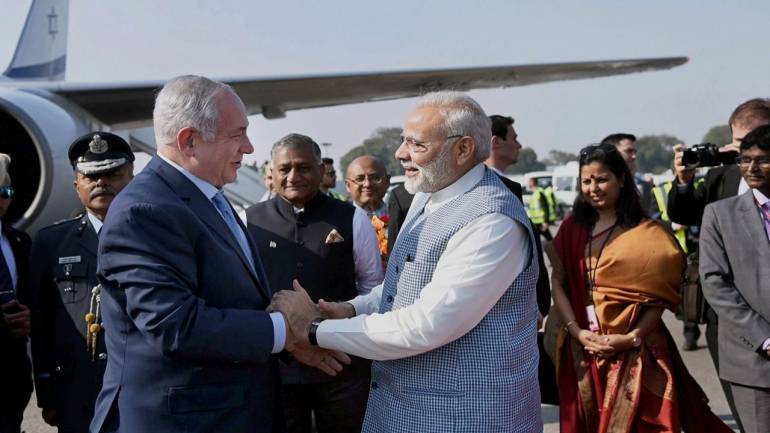Research bodies under Ayush ministry turn down proposals for clinical research on humans, scientists allege
PHARMABIZ.com
|
| Peethaambaran Kunnathoor, Chennai Wednesday, February 28, 2018, 08:00 Hrs [IST] |
While the Union Ministry of Ayush (MoA) is introducing several reforms in Ayush sector for popularizing India’s traditional systems of treatment world over, the five autonomous research bodies functioning under the ministry, are not acting according to the vision of the government, research scientists who submitted projects for clinical studies have alleged.
When the international community requires solid documents of clinical trials done on humans to prove the efficacy of traditional medicines, the research bodies do not encourage clinical trials on humans, the scientists have alleged. Central Council for Research in Ayurveda (CCRA), Central Council for Research in Siddha (CCRS), Central Council for Research in Unani (CCRU), Central Council for Research in Homoeopathy (CCRH) and Central Council for Research in Yoga & Naturopathy (CCRYN) are the five autonomous research bodies under the Ayush Ministry. None of these institutions support any proposal for human based clinical trials using siddha or other Ayush drugs, a Siddha research scientist representing the research group told Pharmabiz. “Because of this, the Ayush Ministry is unable to realize its dreams with respect to evidence based research. The Ministry is turning down the proposals for human based clinical trials, but they endorse animal based studies and in-vitro trials. Overseas governments want human based study results of India’s traditional medicines for their approval. This is halted here because of the apathy of the research bodies under the ministry,” he added. Speaking to Pharmabiz about the grave situation prevailing in the Ministry of Ayush, Dr. Arul Amuthan, an integrative medical expert and professor of pharmacology at Manipal Academy of Higher Education, said without intimating the reason for rejecting the proposal, the CCRS has refused to accept three projects his department has submitted to the central ministry. For the last five years, CCRS is not approving any proposal for evidence based research in Siddha system. The research body can provide grant-in-aid through Extra Mural Research scheme under the Ayush Ministry. According to ministry sources, EMR scheme provides grant to public/private research organizations which are competent to undertake project in the field Ayurveda, Yoga & Naturopathy, Unani, Siddha and Homoeopathy. Cancer disease was the focus area for his research proposals for 2015 and 2016. Using Siddha medicine how an integrative cancer care can be developed for treating/curing the head and neck cancer was his subject of study. In 2017, his department sent the third proposal for a research in psoriasis by applying Siddha medicines. All the three proposals were ruthlessly rejected by the council, he said. “They are not supporting human based clinical research to convince the common public and the international community about the herbal drugs in India. Without generating evidence on human treatment and documenting the data, we cannot popularize our traditional medicines in foreign countries. The MoA is allotting large amount of money for research through EMR. If these funds are not properly utilized, it will go waste and there will not be any breakthrough in the Siddha system. For the last five years, the CCRS is not approving any proposal submitted by any organization or individual for research,” said Dr. Amuthan. |
The pact was signed between Central Council for Research in Homoeopathy, Ministry of AYUSH, and Centre for Integrative Complementary Medicine, Shaare Zedek Medical Centre, Jerusalem.
India and Israel signed a memorandum of understanding to enhance cooperation and boost research in homoeopathy, a system of alternative medicine.
AYUSH, and Centre for Integrative Complementary Medicine, Shaare Zedek Medical Centre, Jerusalem.
The MoU is a part of the nine agreements signed between the two countries after talks between Prime Minister Narendra Modi and his Israeli counterpart Benjamin Netanyahu.
The MoU envisages cooperation in the field of research in homoeopathic medicine. It included establishment of a joint working group.
Netanyahu, who arrived here yesterday, will visit Ahmedabad and Mumbai during his six-day stay in India.


